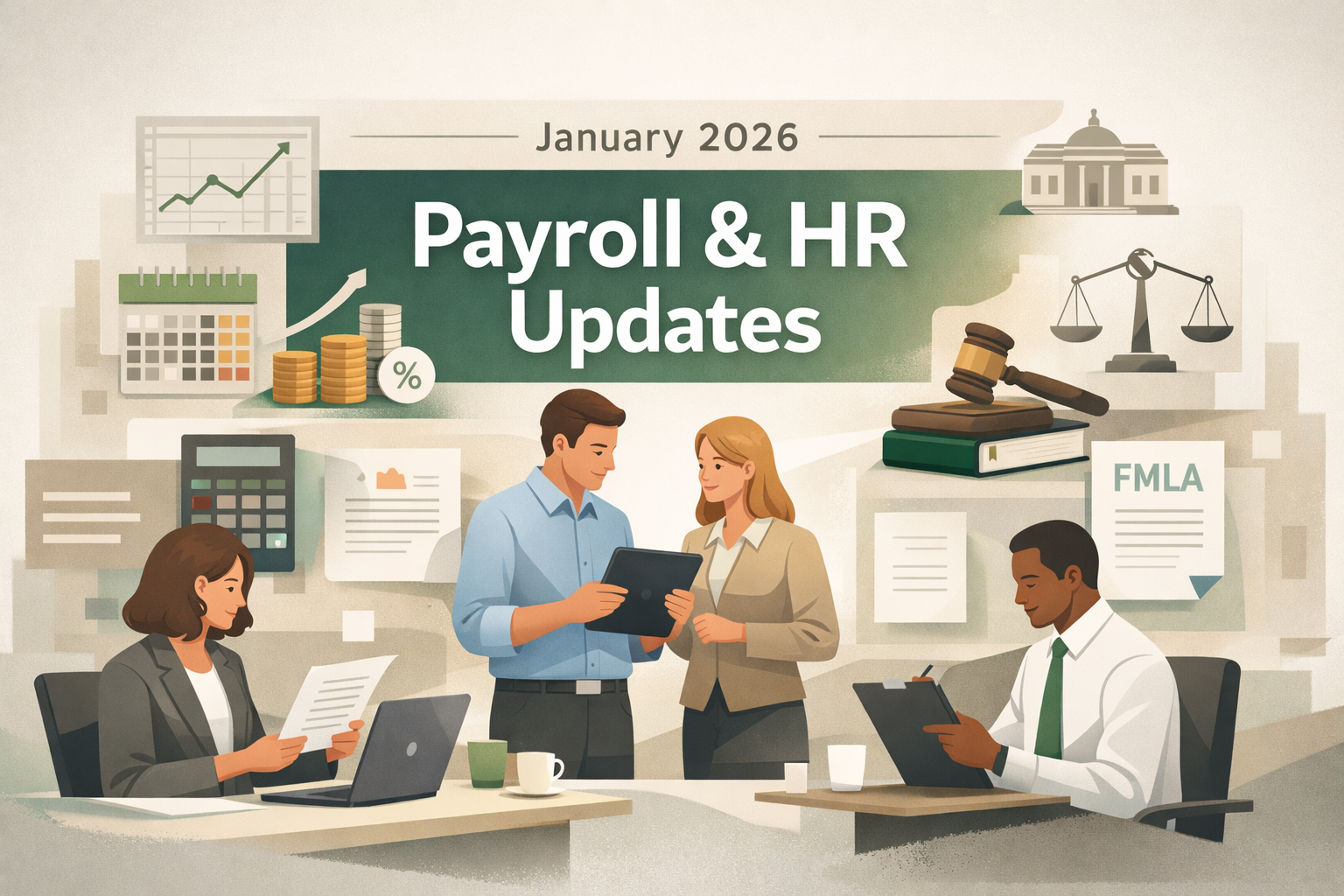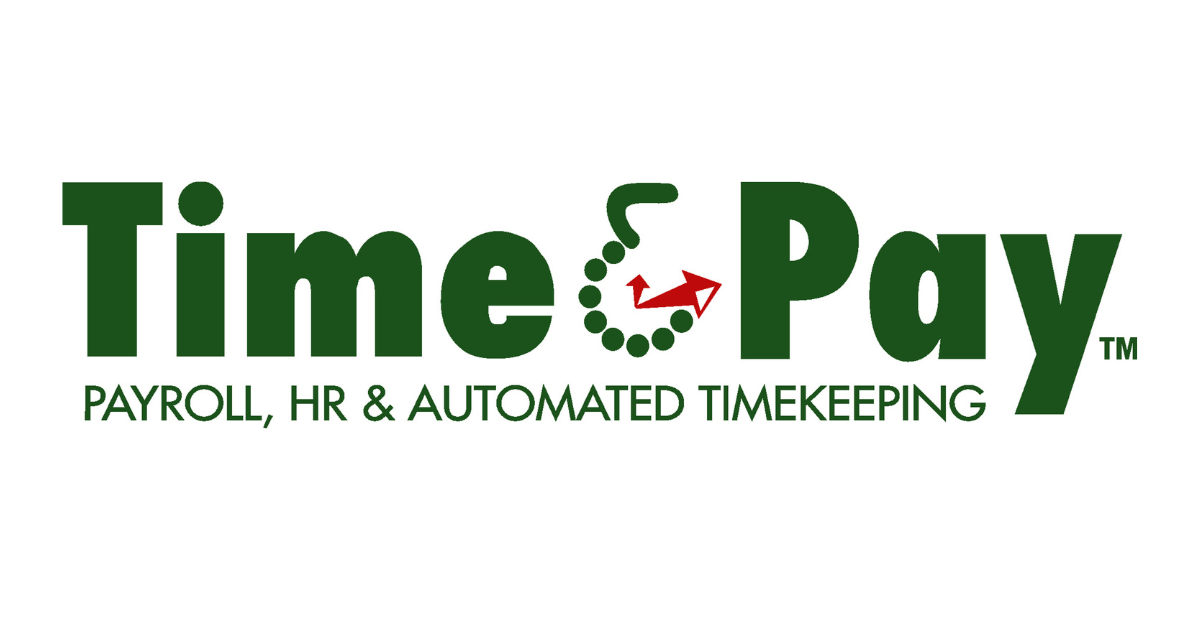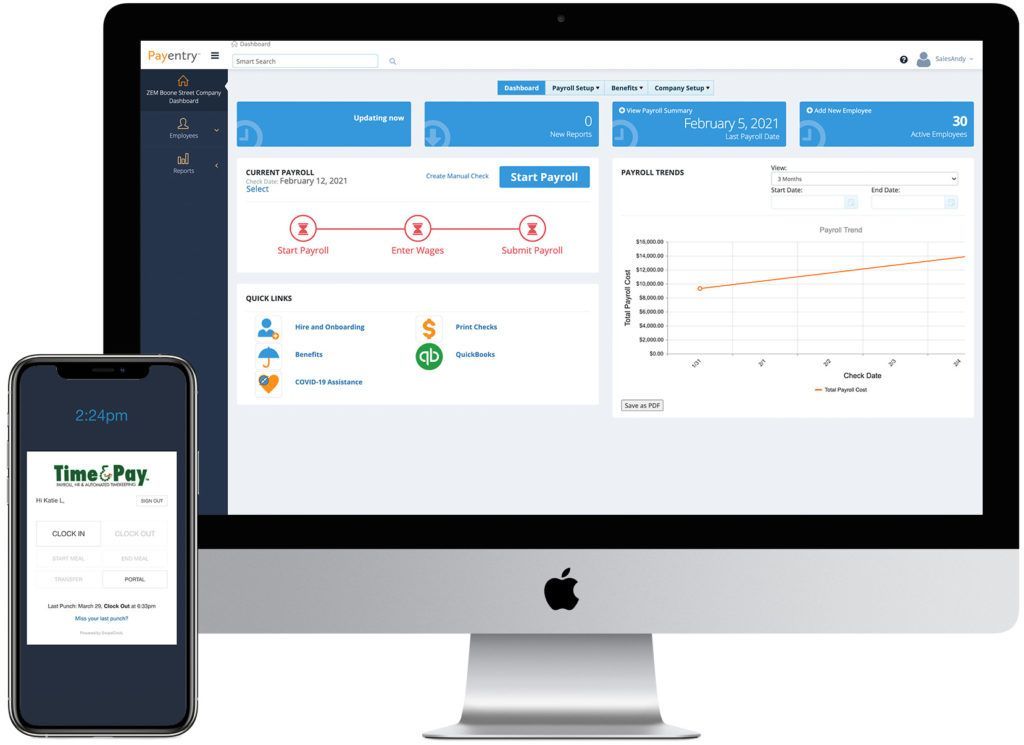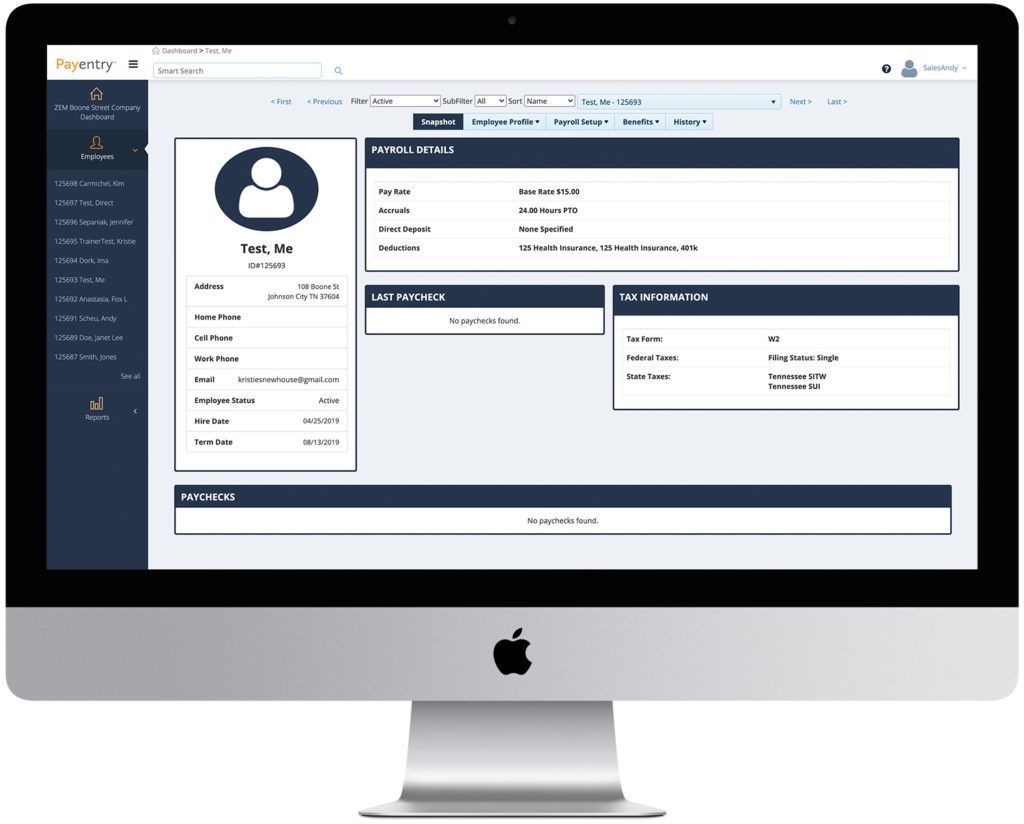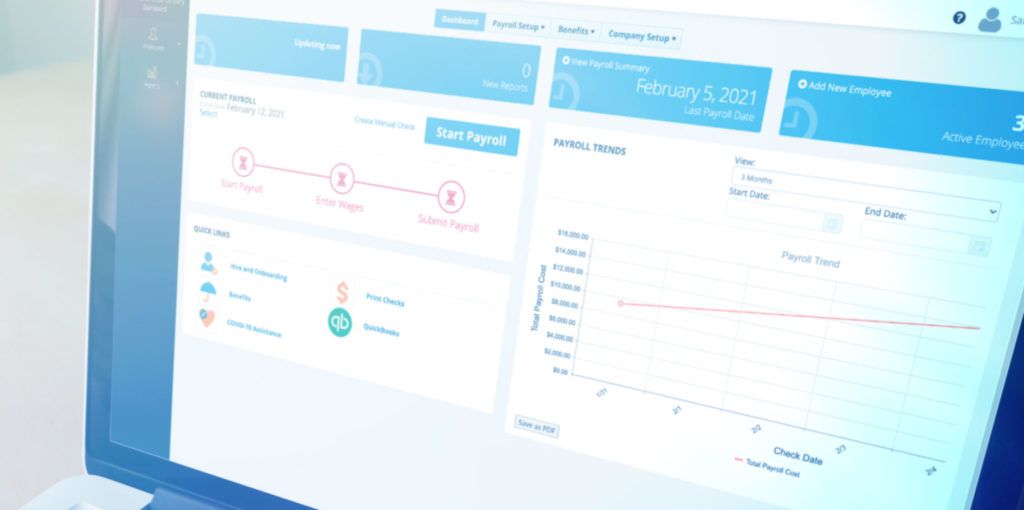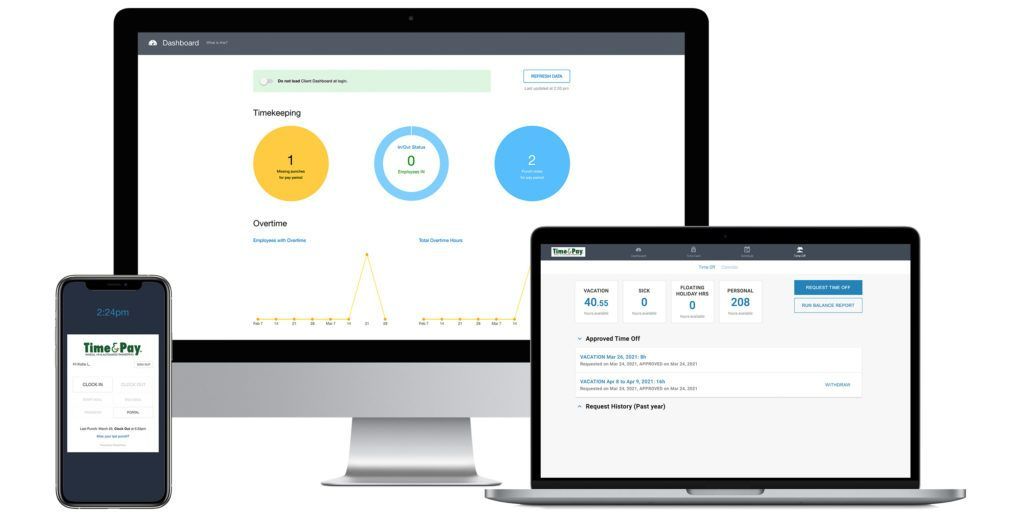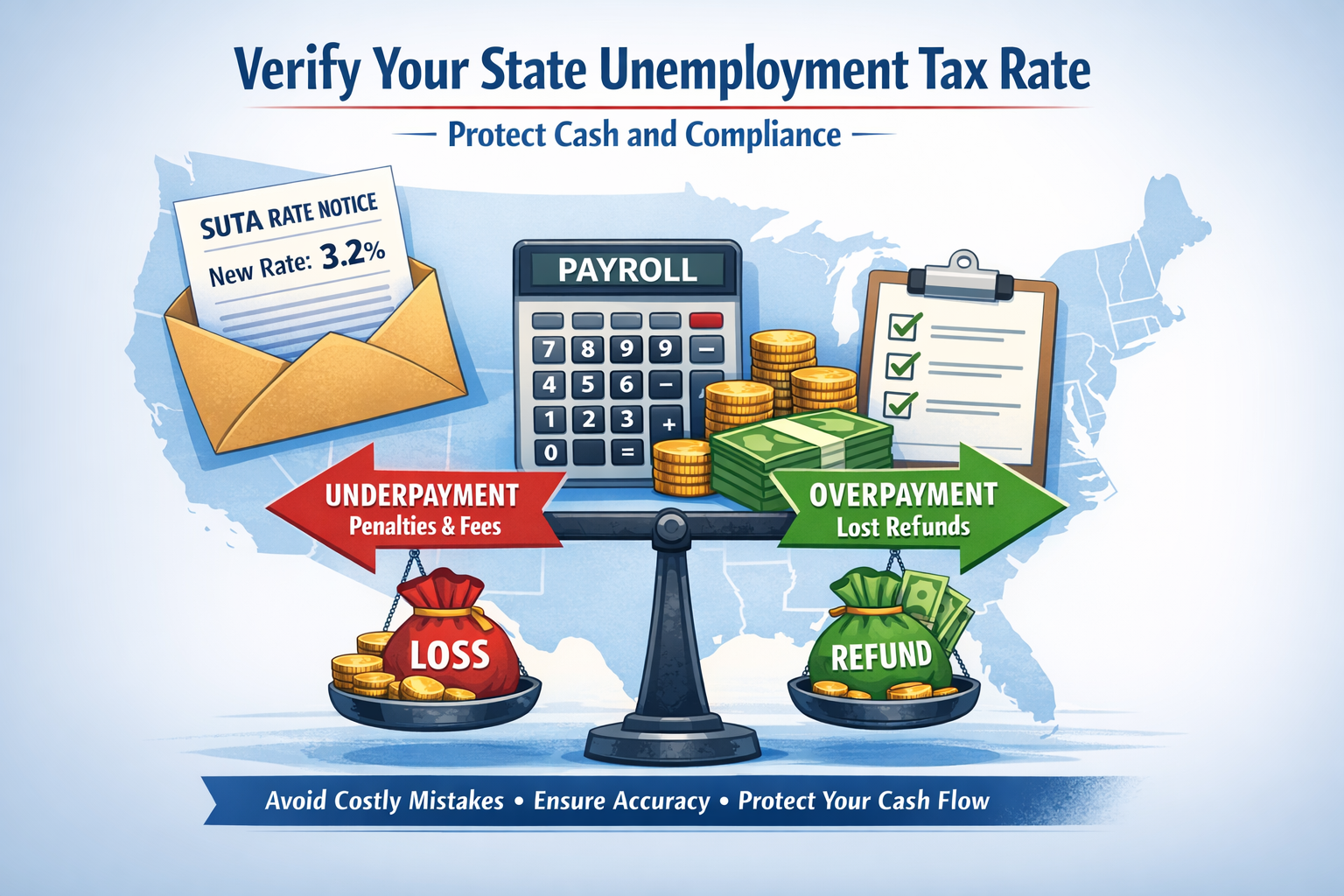Payroll Solutions for Gatlinburg, TN.
Simplify Your Work, Save Time, and Stay Compliant.
Why Choose Us?
Located in East Tennessee, Time & Pay has proudly served local businesses and non-profits across our region for over 30 years. Our commitment to supporting businesses in the Gatlinburg and Pigeon Forge area makes us your local partner. Why choose a distant multinational corporation when you can benefit from the same high-quality payroll and HR solutions, delivered with the personalized care of a nearby business that understands your unique needs?
Let's Connect!
Your Partner in Payroll
Streamline Payroll and HR
I've worked with Time & Pay for years and can say without hesitation that if you are looking for a payroll solution you can not find a better group! Their customer service is impeccable. The setup process is a breeze from start to finish.
They are a local business who put their clients FIRST and take the pain out of payroll!
Marielle K. - Stellar Bookkeeping
Get Pricing Today
Ready to simplify your payroll and HR processes? At Time & Pay, we tailor our services to meet your unique needs. Let us show you how we can add value to your business. Get a quote now and decide if you'd like to continue the conversation!
Discover the Benefits of Our Payroll and HR Solutions!
Payroll & Tax Services
Efficient payroll processing tailored to your needs with guaranteed compliance.
Time Management Systems
Human Resources Management
Cloud-based HR tools and complimentary consultation for your business.
Benefits & Insurance Management
Benefits enrollment, administration, and compliance tools
We Make Switching Easy
Consultation
We learn about your company, and what your ideal process looks like.
Information
We gather required information as efficiently as possible and try to minimize your time investment.
Confirmation
We'll confirm when we're ready to process, and work with you directly to ensure accuracy.
Contact us
Give us a call at 423-854-9042
108 N. Boone St.
Johnson City, TN 37604
Reception Hours
- Mon - Fri
- -
- Sat - Sun
- Closed
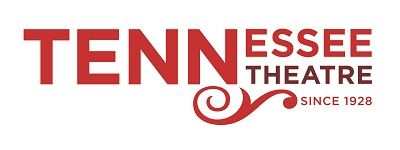
I do payroll for two companies. One was set up with Time & Pay when I started and the other with a different company. Thankfully I was able to move that company over to Time & Pay because you CAN NOT beat their customer service!!!!! I love working with them and highly recommend them to everyone who asks.
Shaynne P. - Tennessee Theatre
FAQs
How Do I Find Your Office?
Take I-40 East to I-81 N towards Johnson City. Take I-26 E to Exit 23 and turn right on Market St, then right on Boone St. We are located in downtown, Johnson City, in the King Commons Park area directly behind Watauga Brewing Co., and across the street from the Johnson City Railroad Experience.
Can I Pick Up Paychecks / Reports / Tax Forms?
Absolutely! Clients are invited to pick up paychecks / reports / tax forms any time between 8am and 5pm, Monday through Friday. We are closed for some National holidays, so make sure to check our Google listing for any updates. Make sure you grab a PayDay candy bar on your way out!
Will You Deliver Paychecks to My Business in Gatlinburg?
Any paychecks that need to be delivered to Gatlinburg businesses are sent via UPS, FedEx, or USPS. If unexpected circumstances require that paychecks be hand delivered to ensure employees are paid on time, we are happy to send a Time & Pay representative!
